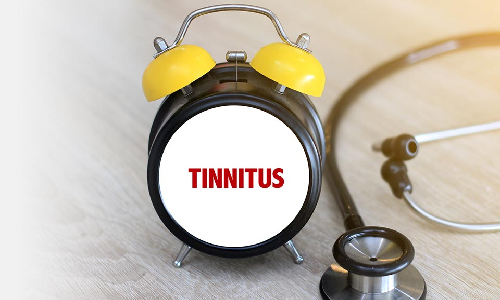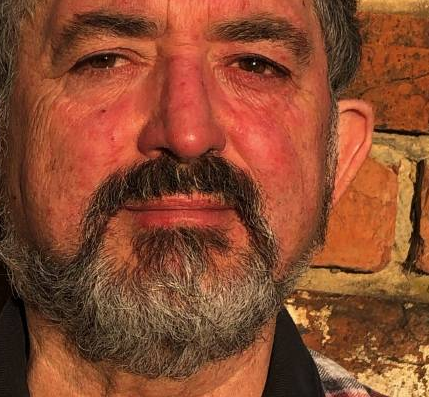February: Tinnitus Awareness Week
Tinnitus Awareness Week is observed throughout the world in the first full week of February and the purpose of it is to educate the public about the symptoms of tinnitus and how it affects people.

Tinnitus is the perception of noise or ringing in the ear and 20 percent of people experience it. It’s not actually a condition, but a symptom of underlying conditions. These can be age-related, related to hearing loss, ear injury, or a circulatory system disorder. The symptoms include ringing, buzzing, clicking, roaring, hissing, or humming in the ear and it varies depending on the person. In many cases, tinnitus goes away on its own. However, that doesn’t mean you should wait for weeks, months, or even years for your tinnitus to disappear. If your tinnitus continues for more than a couple of weeks and negatively affects your quality of life, consult an audiologist.
Videos that will help you understand and give you options to address Tinnitus.

These webcasts are provided by Tinnitus U.K., a charitable organisation that offers advice and resources about tinnitus.
There are several free videos about tinnitus > Free webinars.
There are other videos here that can be purchased (the cost is under 3 pounds in English currency) > Paid webinars.
Why is Tinnitus Awareness important?
It’s under-researched
There are many advancements being made, but tinnitus is still under-researched. Surgical implants and alternative medicines could help, but without the proper research, it won’t be as effective as it should be.
Fight against the stigma
Many people are embarrassed to admit that they have tinnitus. It’s such a personal and seemingly subjective concern that talking about it makes some feel silly and it shouldn’t. It should be discussed with healthcare professionals if it affects your way of life. The embarrassment needs to end.
It affects so many
Tinnitus affects millions of people and that should be brought up more, not hidden away and forgotten about. Because they’re symptoms and not conditions themselves, it’s easier to brush it off, but the condition could be worse, and getting it checked out could prolong your life.
Chris has never known silence
As far back as he can remember his life has been governed by the incessant background sound of tinnitus.
“Its (tinnitus) intensity varied. I only noticed it when my day was quiet, when I stopped, or when someone mentioned it, and then it would take over my whole thoughts. I could not run from it. And even if I ran, exercise only replaced it with noisy breathing and a pounding pulse.
“Like many of my relatives, I started to lose hearing in one ear. The hearing in my other ear was normal. I was told it was nerve deafness and a hearing aid would not help. Later, I was offered a cochlear implant but I’d had so much surgery in other areas that I could not even bear the thought of having more.
“My hearing got worse. Suddenly, I realised I could no longer detect where a sound came from. I had lost directional hearing. ‘I am here’, they’d say. ‘Thanks very much. Where’s that?’, I would reply.

“Then the vertigo attacks came…. intermittently, then frequently until I had the trio of tinnitus, vertigo and deafness. I had to leave my job as I was getting an attack of vertigo every two days. I could not read for more than 60 minutes a day. It was torture.
“I sought help, as just being stoic was not enough. My doctors were kind but blunt. ‘It’s not a cancer, it’s not a tumour, it’s not Alzheimer’s, although you’re old enough for it.’ Thank you’, I said. But they said that they would do what they could for me. They could progressively use a series of treatments until I responded. After 18 months since the surgery, the vertigo stopped. The medication and time finally helped.
“I’ve got my life back now. The tinnitus is still there and I’m still deaf in one ear but I know the benefit of distraction, of background noise and the use of mindfulness.
“I’m told that many people have tinnitus, and one of my colleagues did a study where he placed people in an ultra-quiet room and detected that 25 per cent of people will have tinnitus. For me, it was obvious since I was a child.”
Free tinnitus resources
Tinnitus First Aid Kit, developed with the British Tinnitus Association, is a website full of useful advice and information for people newly diagnosed with tinnitus
Tinnitus Thermometer is a PDF or online questionnaire that you can use to assess how your clients are experiencing tinnitus at a given moment – and over time
Tinnitus Communication Guide suggests some useful questions and communication tips to help you understand your client, express empathy, and give hope
Ida Institute’s online Tinnitus Management course for audiologists and audiometrists includes guidance on using its tinnitus tools
